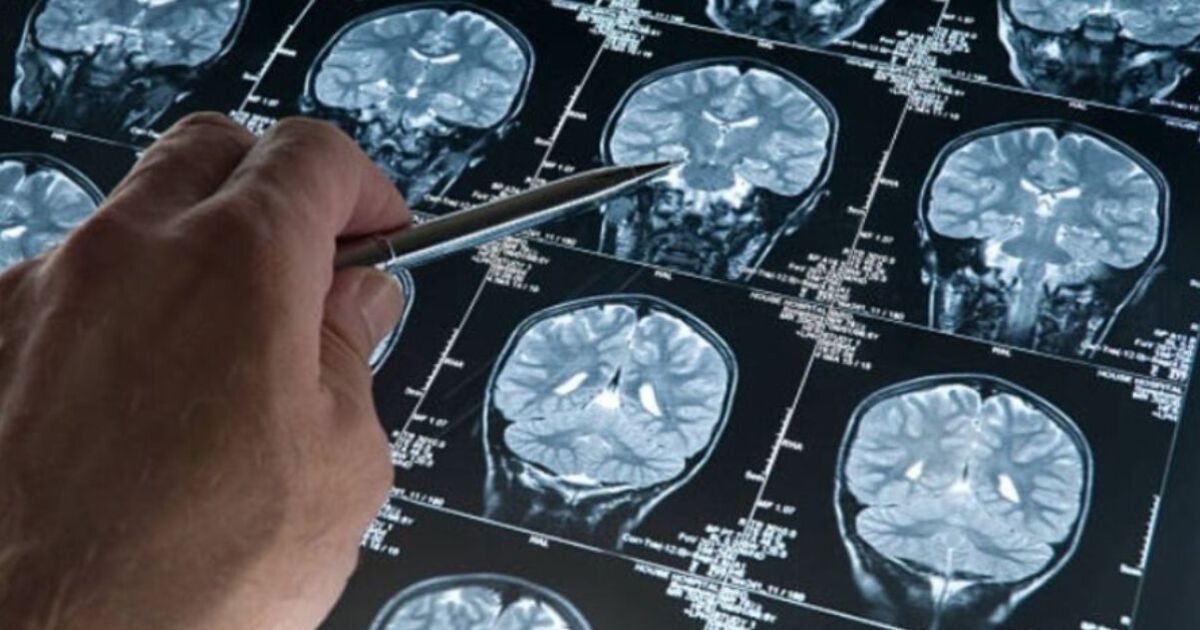
An unprecedented advance in the science of cryogenics has been announced by a group of researchers in China, who have developed an innovative method for the cryopreservation of human brain tissue.
>>> Read also: This was the distressing rescue of a child who had an accident at a train station in China
This achievement was detailed in a study published in the prestigious journal Cell Reports, where scientists describe the Medy methoda technique that preserves the structural integrity and functionality of neuronal cells.
The team at Fudan University in Shanghai grew brain organoids from human embryonic stem cells. These cellular conglomerates, capable of developing into various types of brain cells, were subjected to a freezing and subsequent thawing process using the Medy method.
The results were surprising: Treated brain organoids maintained their appearance, growth, and functionality comparable to those that had not been frozen.even after being cryopreserved for a year and a half.
This advance could transform research into neurological disorders, allowing scientists to store brain samples for long periods without losing their viability. Furthermore, it opens up new possibilities in the field of human cryopreservation, suggesting futures in which terminally ill patients could be frozen while awaiting cures or in which astronauts could be cryopreserved for long-term interstellar travel.
Professor Joao Pedro Magalhaes, a prominent scientist cited by the Global Times, described the ability of Medy technology to prevent cell death and preserve neuronal functionality as a true “miracle.”
This achievement promises to revolutionize both medical research and the practical applications of cryogenics. and could significantly change the understanding and management of neurological diseases, as well as open new frontiers in space exploration and human preservation.
>>> You may be interested in: What color are aliens really? Scientists show they are not green
Source: https://www.noticiascaracol.com/mundo/en-china-cientificos-reviven-tejido-cerebral-humano-tras-estar-congelado-18-meses-rg10


